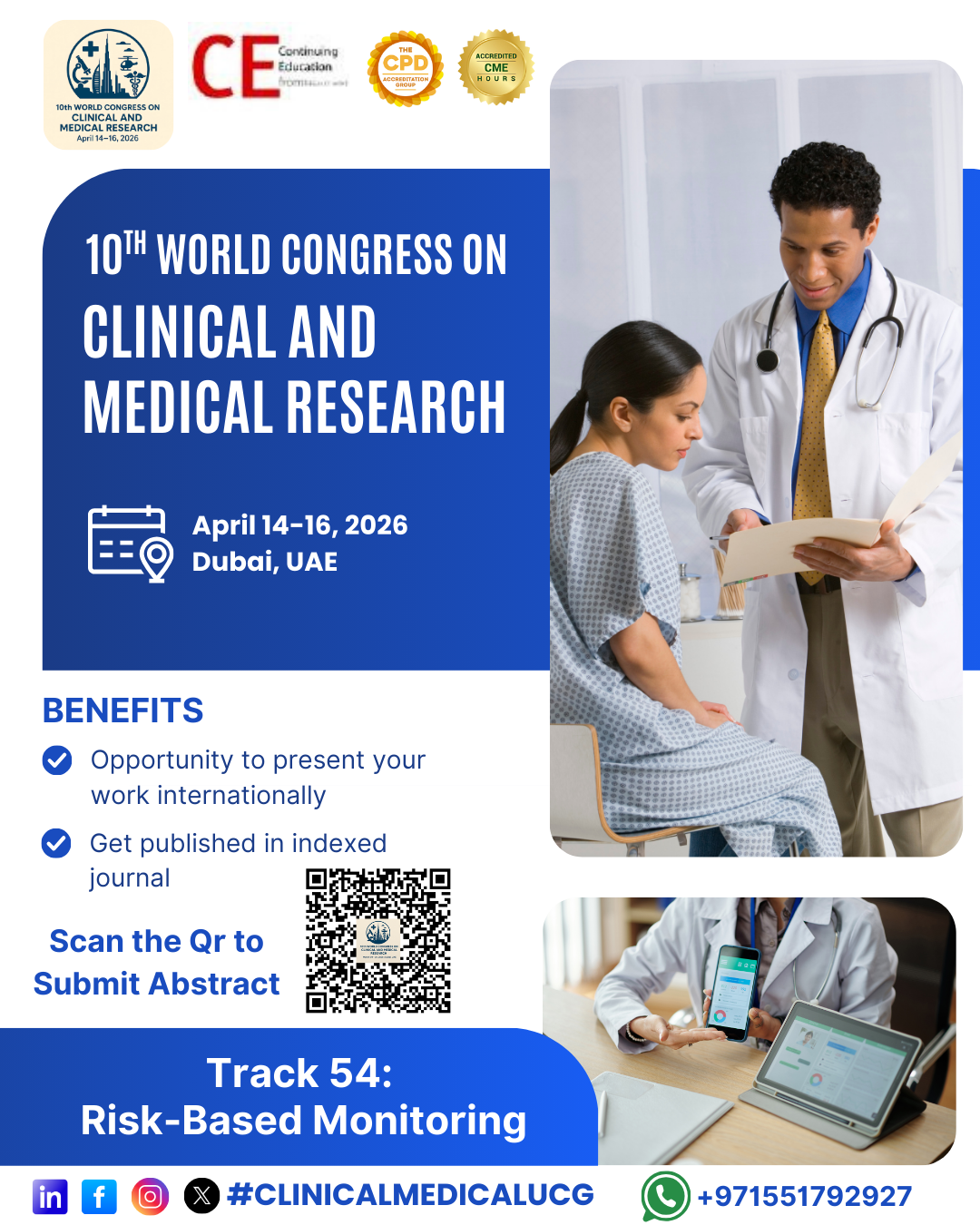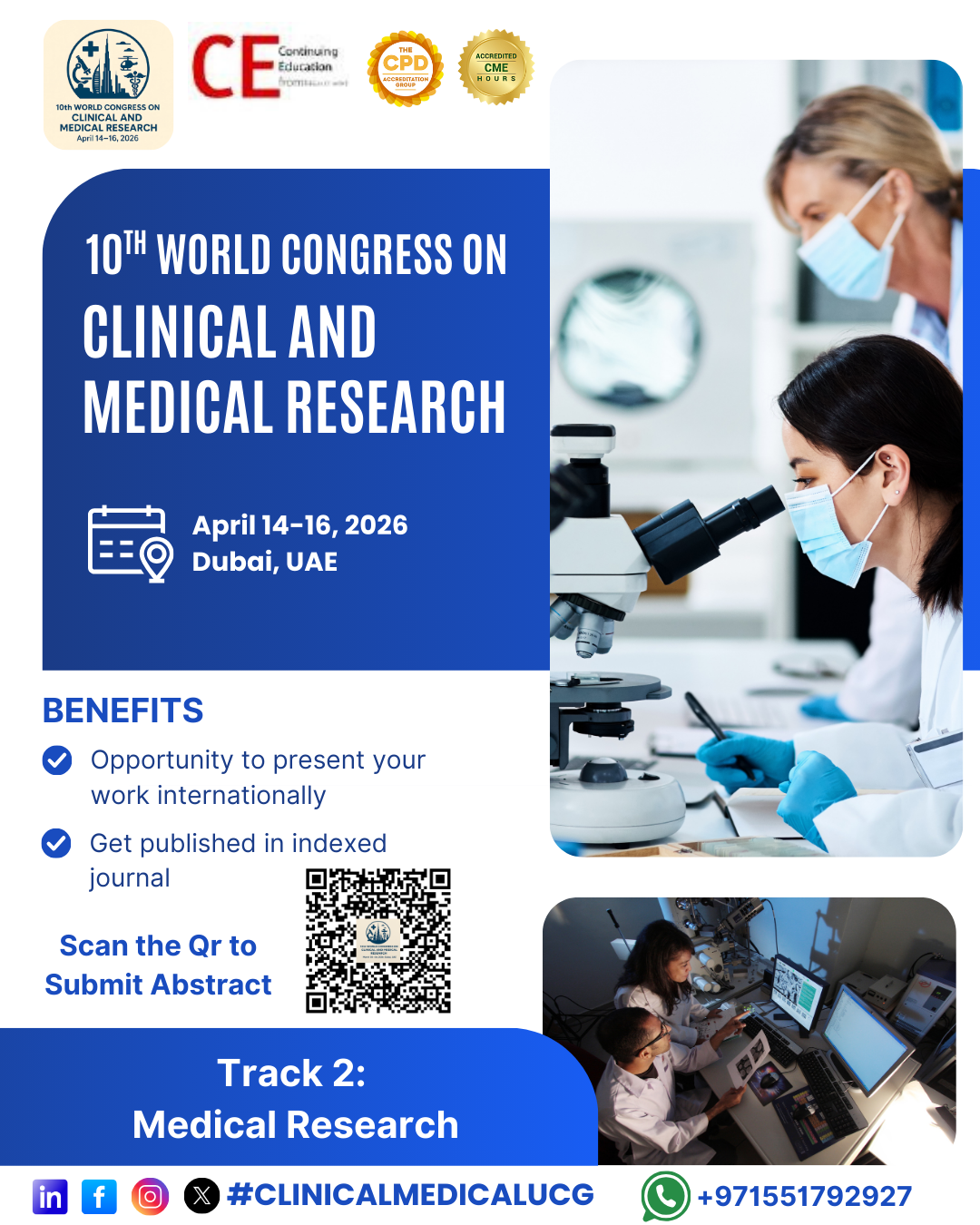



Clinical research is a critical field of medical science focused on studying health...

Medical research is a broad and essential field dedicated to advancing knowledge of...

Compassionate Use and Expanded Access Programs (EAPs) are regulatory mechanisms that allow patients with serious, life-threatening, or rare diseases to gain access to investigational therapies that have not yet received full regulatory approval, especially when no comparable alternative treatments are available.
Eligibility Criteria for Access · Regulatory Approval Process · Ethics and Informed Consent · Manufacturer Agreements · Risk-Benefit Assessment · Institutional Review Board (IRB) Oversight · Data Collection and Monitoring · Expanded Access for Pediatric Patients · Role of Healthcare Providers · Differences Between EAP and Clinical Trials · Access in Rare and Orphan Diseases · FDA and EMA Guidelines · Role in Oncology and Rare Infections · Emergency Use Authorization (EUA) · Legal and Logistical Challenges